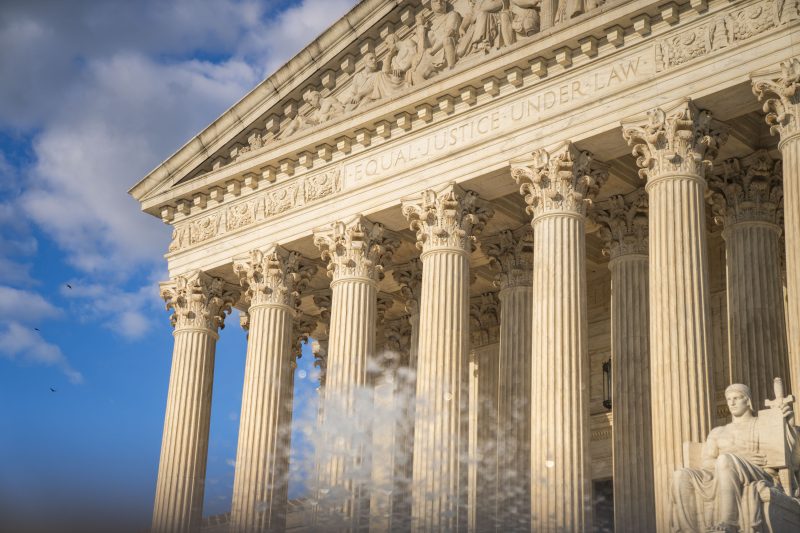San Francisco and the EPA: A Battle Over Waste Management
In a recent legal battle between San Francisco and the Environmental Protection Agency (EPA), the city finds itself faced with a $10 billion fine over its handling of sewage and stormwater discharge. The case has sparked a heated debate over environmental regulations, waste management practices, and the responsibilities of local governments in protecting the environment. Let’s delve into the key issues at play in this contentious dispute.
San Francisco, known for its progressive environmental policies and commitment to sustainability, has long been a pioneer in implementing innovative waste management solutions. However, the city has been grappling with a longstanding problem of sewage and stormwater overflow, particularly during heavy rainfalls. The EPA alleges that San Francisco’s outdated sewage system is failing to prevent raw sewage from contaminating local waterways, posing a serious risk to public health and the environment.
The crux of the legal dispute lies in the interpretation of the Clean Water Act, a federal law enacted to regulate water pollution and protect the nation’s water resources. The EPA argues that San Francisco has violated the act by allowing excessive amounts of untreated sewage and stormwater to flow into the San Francisco Bay and Pacific Ocean. This, the agency contends, not only violates water quality standards but also endangers marine life and ecosystems.
San Francisco, for its part, acknowledges the challenges posed by its aging infrastructure but asserts that it has been actively working to address the issue. The city points to ongoing efforts to upgrade its sewage system, enhance stormwater management practices, and invest in green infrastructure projects aimed at reducing runoff and pollution. San Francisco officials argue that the $10 billion fine imposed by the EPA is excessive and unjust, given the city’s proactive stance on environmental protection.
At the heart of the matter is the broader question of how best to balance environmental concerns with the practical realities of urban waste management. While the EPA plays a crucial role in enforcing environmental regulations and holding entities accountable for pollution, critics argue that imposing heavy fines on cash-strapped municipalities like San Francisco may not be the most effective solution. Instead, they advocate for a collaborative approach that encourages cooperation between local governments, regulatory agencies, and environmental groups to find sustainable solutions to complex environmental challenges.
As the legal battle between San Francisco and the EPA unfolds, it serves as a stark reminder of the urgent need to address the pressing issue of water pollution and waste management in our cities. By fostering dialogue, encouraging innovation, and promoting responsible stewardship of our natural resources, we can work towards a more sustainable future for all. Whether a resolution can be reached that satisfies both environmental imperatives and practical considerations remains to be seen, but one thing is clear – the outcome of this case is likely to have far-reaching implications for environmental policy and governance moving forward.
